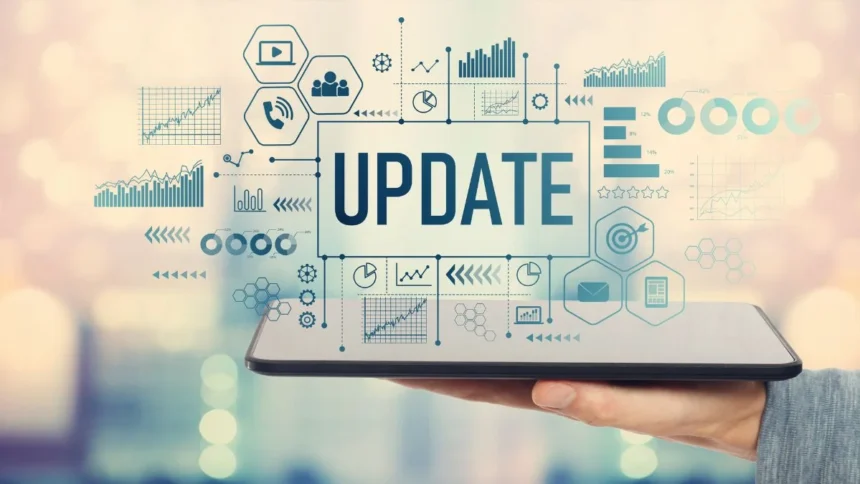In an ever-evolving world, infrastructure forms the backbone of societal progress, economic growth, and environmental sustainability. Recent infrastructure updates are reshaping cities, enhancing connectivity, and laying the groundwork for a more resilient future. This article delves into some transformative projects and their implications for communities around the globe.
Transforming Transportation Networks
Transportation infrastructure is at the forefront of modernization efforts. High-speed rail systems, electric vehicle (EV) charging networks, and smart traffic management systems are becoming integral to urban and rural landscapes. Projects like the expansion of EV charging stations across the U.S. and Europe are encouraging a transition to greener modes of transport, significantly reducing carbon emissions.
Similarly, high-speed rail projects in countries such as China, Japan, and the U.K. are enhancing regional connectivity, reducing travel time, and boosting economic interactions between cities. Meanwhile, smart traffic solutions like AI-powered traffic lights are helping reduce congestion and improve commuter experiences.
Modernizing Energy Systems
Energy infrastructure updates are pivotal in achieving global sustainability goals. The integration of renewable energy sources such as solar, wind, and hydropower into national grids is a major focus. Countries like Germany and India are leading the charge, investing heavily in renewable energy capacity and smart grid technologies that enhance efficiency and reliability.
Offshore wind farms and solar power mega-projects are becoming commonplace, signaling a shift towards cleaner energy solutions. Energy storage systems, such as lithium-ion and flow batteries, are further solidifying this transition by addressing the intermittency of renewable energy sources.
Enhancing Digital Connectivity
The digital revolution is driving the need for advanced communication networks. Infrastructure updates in this sector include the global rollout of 5G networks and the expansion of fiber-optic cables to rural and underserved areas. These advancements promise faster internet speeds, lower latency, and enhanced access to digital services for education, healthcare, and commerce.
Projects like Starlink’s satellite internet initiative are also bridging the digital divide by providing high-speed internet to remote locations worldwide. Such updates are crucial for fostering inclusivity and enabling equitable access to the digital economy.
Building Climate-Resilient Communities
Climate change poses significant challenges to infrastructure. To counter these risks, governments and organizations are prioritizing resilient designs. Innovations include flood-resistant buildings, green roofs, and permeable pavements that reduce urban flooding.
Coastal regions are implementing sea walls, mangrove restoration projects, and other measures to combat rising sea levels. In urban areas, the integration of green spaces and sustainable drainage systems is mitigating the urban heat island effect while promoting biodiversity.
Investing in Public Utilities
Upgrades to water and waste management systems are critical for public health and environmental conservation. Modernized water treatment plants and advanced waste recycling facilities are being introduced to reduce pollution and ensure sustainable resource use.
Smart water management systems using IoT devices are helping monitor water quality and detect leaks, ensuring efficient resource allocation. These updates are vital for meeting the demands of growing populations and mitigating the impact of climate variability on water resources.
Conclusion
The wave of infrastructure updates sweeping across the globe is shaping a future that prioritizes sustainability, resilience, and connectivity. These projects are not just about constructing new facilities; they represent a rethinking of how societies interact with their environments and resources.
As these initiatives take shape, they promise to unlock new economic opportunities, improve quality of life, and safeguard the planet for generations to come. Embracing these changes is essential for building a more inclusive and sustainable future.
Get more info: https://www.timelinetale.com/







